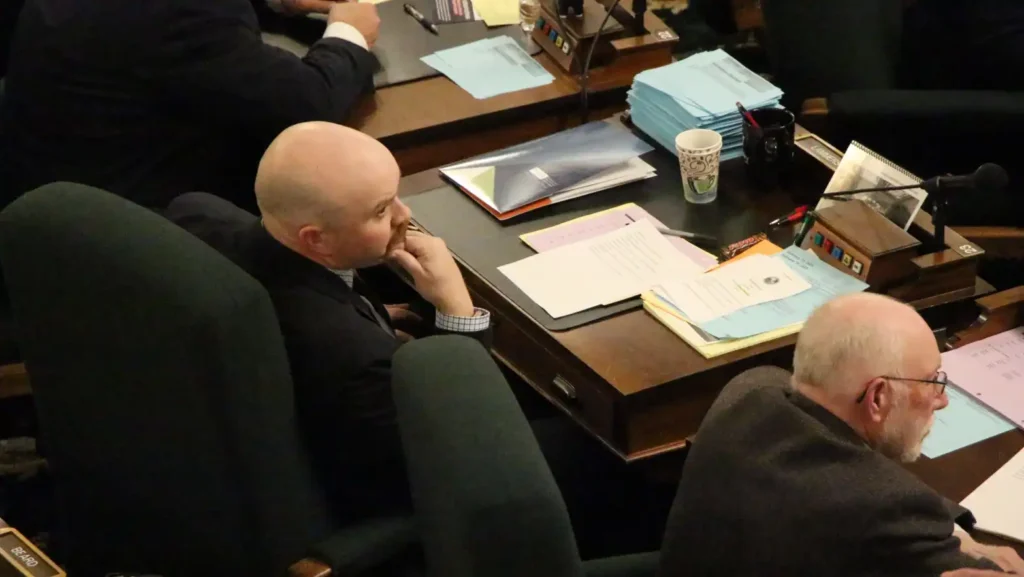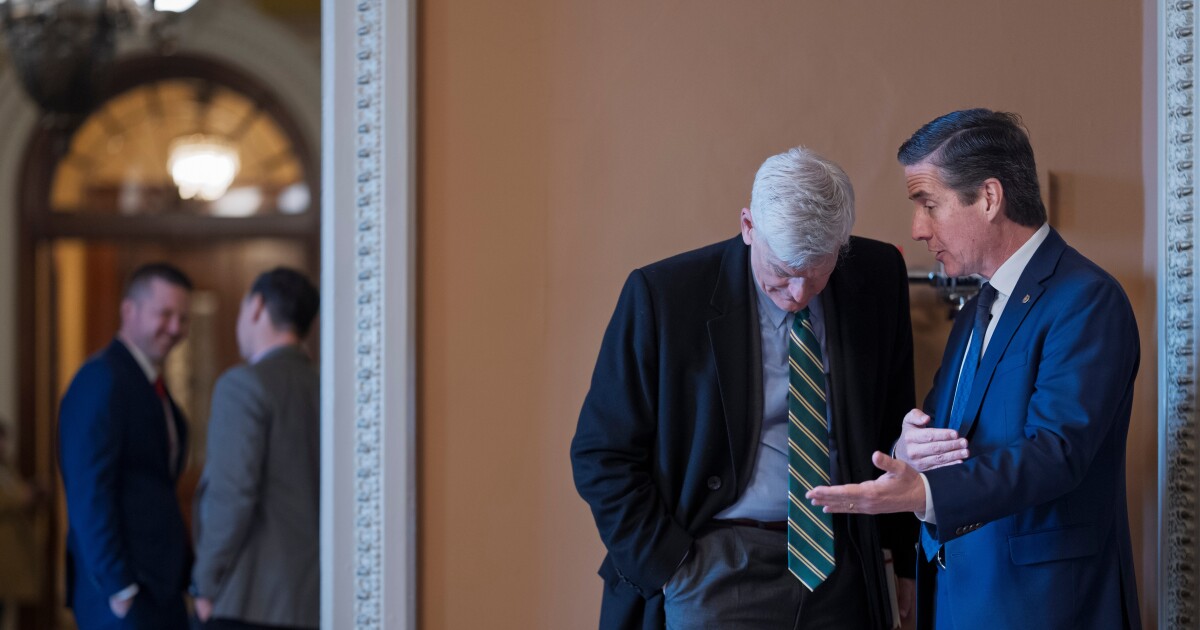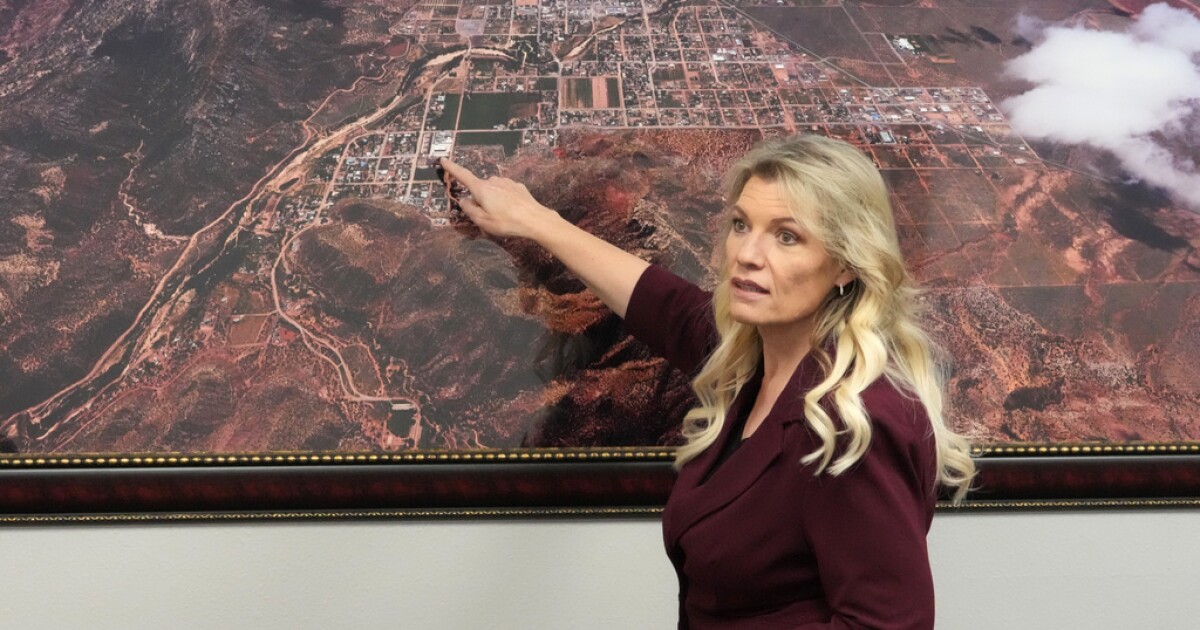A pivotal vote in the Montana Senate advanced a Republican-led bill to extend Medicaid expansion, moving it closer to Governor Greg Gianforte’s desk. House Bill 245, spearheaded by Rep. Ed Buttrey, R-Great Falls, passed with a 29-21 vote. This bipartisan support mirrors the coalition of Democrats and Republicans who recently challenged Senate GOP leadership.
Proponents highlighted Medicaid expansion as vital for those lacking employer or marketplace health coverage, citing personal stories of family members benefiting. The program, crucial for small businesses and rural health providers, aids in reducing costs for uninsured patient care. Sen. Gayle Lammers, R-Hardin, questioned, “Where will your constituents go if their family needs emergency care?”
Since 2015, the program has covered about 76,000 Montanans with incomes up to 138% of the federal poverty level. HB 245 continues Montana’s health care coverage for low-income adults, including community engagement requirements, or work mandates, which remain unenforced due to current federal restrictions. The bill removes the sunset clause, though lawmakers retain the power to modify the program without it.
Montana’s Medicaid expansion, costing approximately $1 billion annually, is federally funded at 90%, with the state covering the rest through general funds and special revenues. Despite this favorable cost-sharing, fiscal conservatives express concerns about sustainability, especially if federal contributions decrease. Some argue against public health coverage, labeling it “socialized medicine.”
During Senate debate, Sen. Carl Glimm, R-Kila, warned that changes in federal policies could increase Montana’s financial burden, potentially prompting a special legislative session. Meanwhile, supporters like Sen. Jason Ellsworth, R-Hamilton, acknowledged the program’s importance for economically vulnerable Montanans.
Opponents, facing a lost battle this session, voiced their inability to enhance the program’s impact on health outcomes. Sen. Dennis Lenz, R-Billings, expressed regret over missed opportunities for reform. As the bill awaits a final vote, Senate President Matt Regier, R-Kalispell, emphasized evaluating the broader financial impact on taxpayers.
The legislation requires another Senate vote before reaching the governor, who has shown support for continuing Medicaid expansion but remains undecided on specific policy implementations.
—
Read More Montana News









